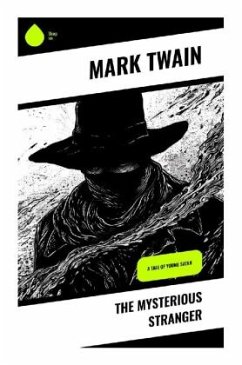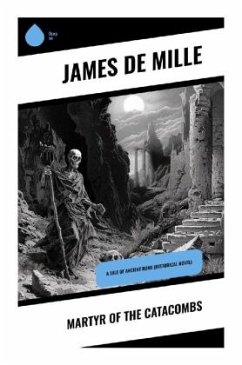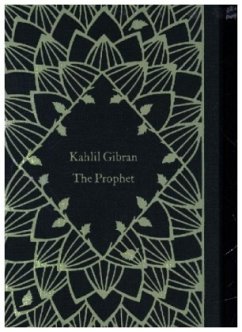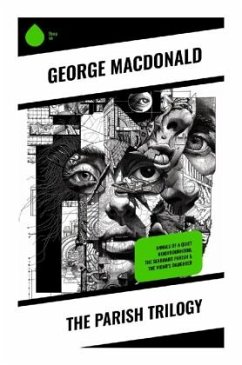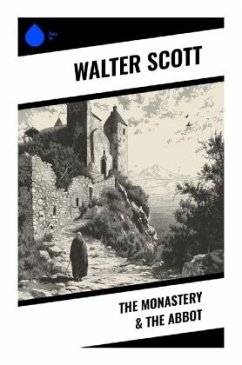
Callista
Historical Novel - A Tale of the Third Century
Versandkostenfrei!
Versandfertig in 6-10 Tagen
11,40 €
inkl. MwSt.

PAYBACK Punkte
0 °P sammeln!
John Henry Newman's "Callista" is a richly woven narrative set in the early Christian era that explores the themes of faith, love, and moral choice. With its lyrical prose and vivid characterizations, Newman reflects the tensions between paganism and nascent Christianity, vividly portraying the struggles faced by the protagonists. The novel exemplifies Newman's mastery of descriptive language and philosophical contemplation, situating itself within the 19th-century literary context that often sought to epitomize the spiritual and moral dilemmas of the time, echoing the Romantic fascination wit...
John Henry Newman's "Callista" is a richly woven narrative set in the early Christian era that explores the themes of faith, love, and moral choice. With its lyrical prose and vivid characterizations, Newman reflects the tensions between paganism and nascent Christianity, vividly portraying the struggles faced by the protagonists. The novel exemplifies Newman's mastery of descriptive language and philosophical contemplation, situating itself within the 19th-century literary context that often sought to epitomize the spiritual and moral dilemmas of the time, echoing the Romantic fascination with the sublime and the search for individual meaning in a rapidly changing world. Newman, a pivotal figure in the Oxford Movement and a theologian of considerable repute, was deeply influenced by his contemplations on faith and the nature of religious experience. His own conversion from Anglicanism to Catholicism profoundly shaped his writings, infusing "Callista" with a deep theological sensibility and moral urgency. Newman's insight into the human condition and the embrace of sacrificial love reflects not just his intellectual journey but also the broader spiritual questions of Victorian society. For readers interested in the intersection of faith and literature, "Callista" offers a profound narrative that invites reflection on the complexities of love and belief. Newman's unique fusion of storytelling and theology makes this work a compelling exploration of the early Church's struggles, making it a valuable addition to both literary and religious studies.



